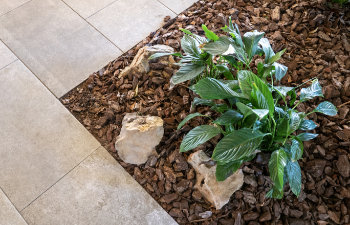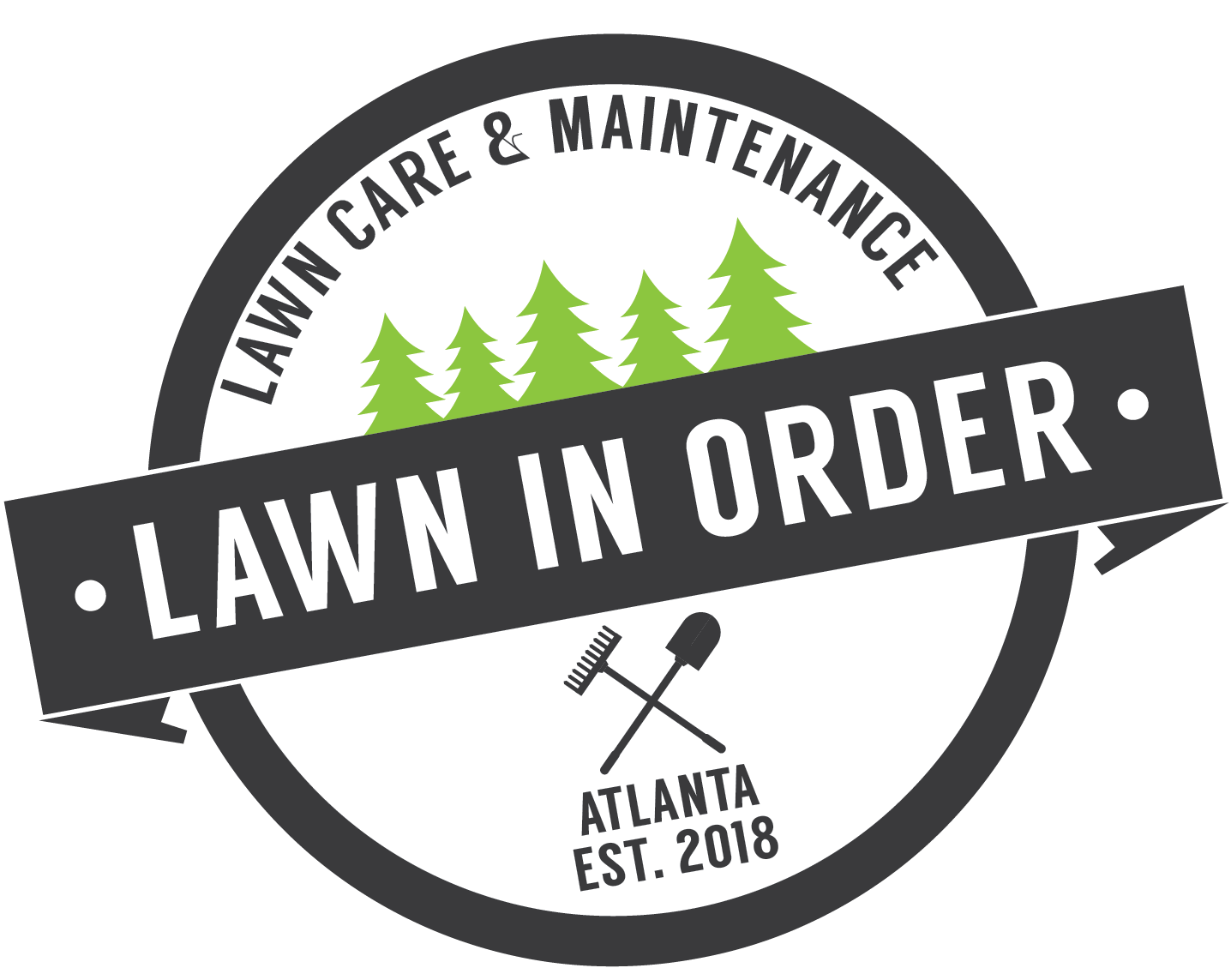
Mulching is more than just an aesthetic touch to your garden; it’s a vital practice that can significantly enhance the health and vitality of your flower beds. Proper mulching conserves moisture, regulates soil temperature, suppresses weeds, and enriches the soil. However, there’s an art to mulching correctly. Lawn in Order in Decatur is here to guide you through the dos and don’ts of mulching your flower beds to ensure they flourish.
The Dos of Mulching Your Flower Beds
- Do Choose the Right Type of Mulch: Select a mulch that complements your garden’s needs. Organic mulches like shredded bark, straw, or leaf litter enrich the soil as they decompose. Inorganic mulches like stones or rubber chips may be better for certain design aesthetics and longer-lasting coverage but won’t improve soil health.
- Do Apply Mulch at the Right Time: The best times to apply mulch are late spring after the soil has warmed up and early fall. Mulching too early in the spring can slow soil warming and plant growth, while late fall mulching can provide insulation for your plants during the winter.
- Do Maintain the Correct Depth: A 2-3 inch layer of mulch is ideal for most flower beds. Too little won’t effectively prevent weeds or retain moisture, while too much can suffocate your plants and prevent water from reaching the soil.
- Do Leave Space Around Plant Bases: Avoid piling mulch directly against plant stems and tree trunks. This practice, known as “volcano mulching,” can lead to rot, disease, and pest infestations. Instead, leave a small gap around the base of your plants to allow for proper air circulation.
- Do Refresh Mulch as Needed: Over time, organic mulch will decompose and need replenishing. Check your mulch levels periodically and add more to maintain the recommended depth, typically once a year.
The Don’ts of Mulching Your Flower Beds
- Don’t Use Contaminated Mulch: Be cautious of where your mulch comes from. Mulch from unreliable sources may contain weed seeds, pests, or diseases that can be introduced to your garden.
- Don’t Over-Mulch: While it’s important to have enough mulch, too much can harm your plants. Over-mulching can lead to waterlogged soil, root rot, and reduced oxygen for plant roots.
- Don’t Ignore Weeds: Remove existing weeds before applying mulch to prevent them from growing through. A well-mulched bed should suppress new weed growth, but it’s not foolproof. Monitor your flower beds and remove any weeds that appear.
- Don’t Forget to Water: While mulch helps retain soil moisture, it can also prevent rainwater from penetrating the soil if the layer is too compacted or thick. Ensure your plants are receiving adequate water by checking the soil moisture under the mulch.
- Don’t Use Fresh Wood Chips for Flower Beds: Fresh wood chips can tie up nitrogen in the soil as they decompose, which can starve your plants. If using wood chips, ensure they are aged or composted, or apply a nitrogen-rich fertilizer to counteract the effect.
Lawn Care Experts for Your Mulch and Flower Bed Needs in Decatur
Mulching is an effective way to enhance the beauty and health of your flower beds when done correctly. By following these dos and don’ts, you can provide your plants with a beneficial environment that promotes growth and deters pests and diseases. If you have questions about mulching techniques or need assistance with your garden, Lawn in Order in Decatur is here to help. Contact us for professional landscaping advice and services, and let’s work together to create stunning, healthy flower beds for your home.

